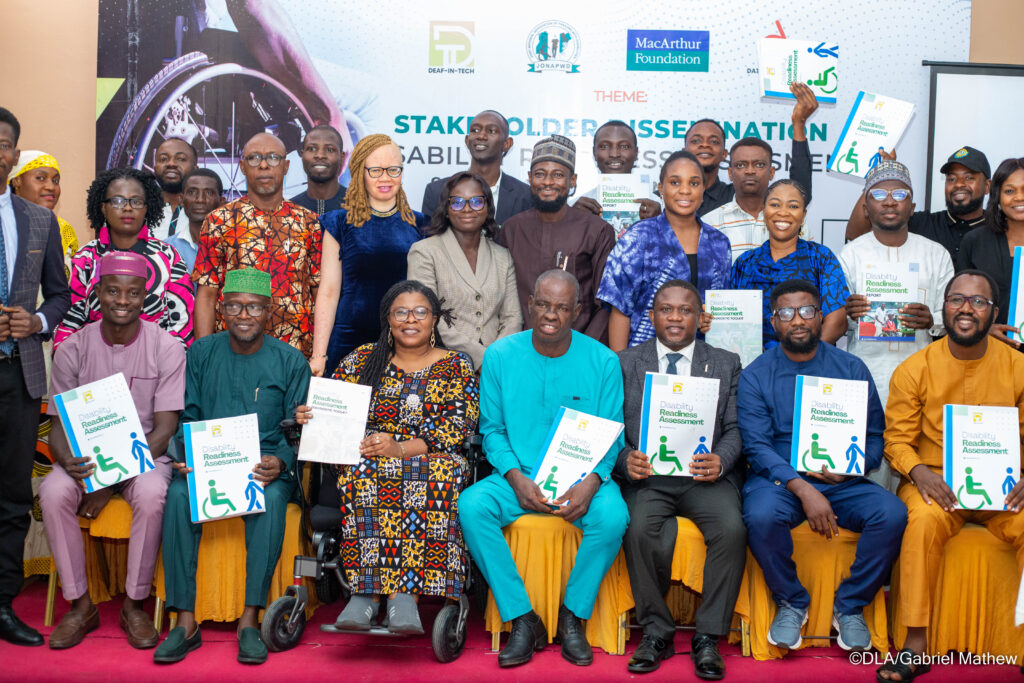
Empowering Inclusion: Building a Disability-Ready Nigeria
The Disability Readiness Assessment (DRA) is an in-depth study evaluating the preparedness of key sectors in Abuja, Nigeria to foster disability inclusion. Despite the existence of progressive policies such as the Discrimination Against Persons with Disabilities (Prohibition) Act, 2018, and the 5% employment quota, findings indicate critical gaps in awareness, implementation, and enforcement. The assessment highlights sector-specific challenges, institutional gaps, and opportunities for strengthening disability inclusion efforts across employment, healthcare, education, transportation, and security services.

In Nigeria, policy efforts have been made to improve disability inclusion, most notably through the Discrimination Against Persons with Disabilities (Prohibition) Act, 2018, and the 5% employment quota for Persons with Disabilities (PwDs) in public and private sector employment. However, significant gaps remain in implementation, enforcement, and societal attitudes toward disability inclusion. Many organizations and institutions lack structured policies or readiness frameworks to effectively integrate PwDs into employment, education, healthcare, and public services. While the 5% employment quota policy was introduced to promote workplace inclusion, its impact has been limited due to low employer awareness, weak enforcement mechanisms, and inadequate incentives for compliance (Solidarity Center, 2022).
